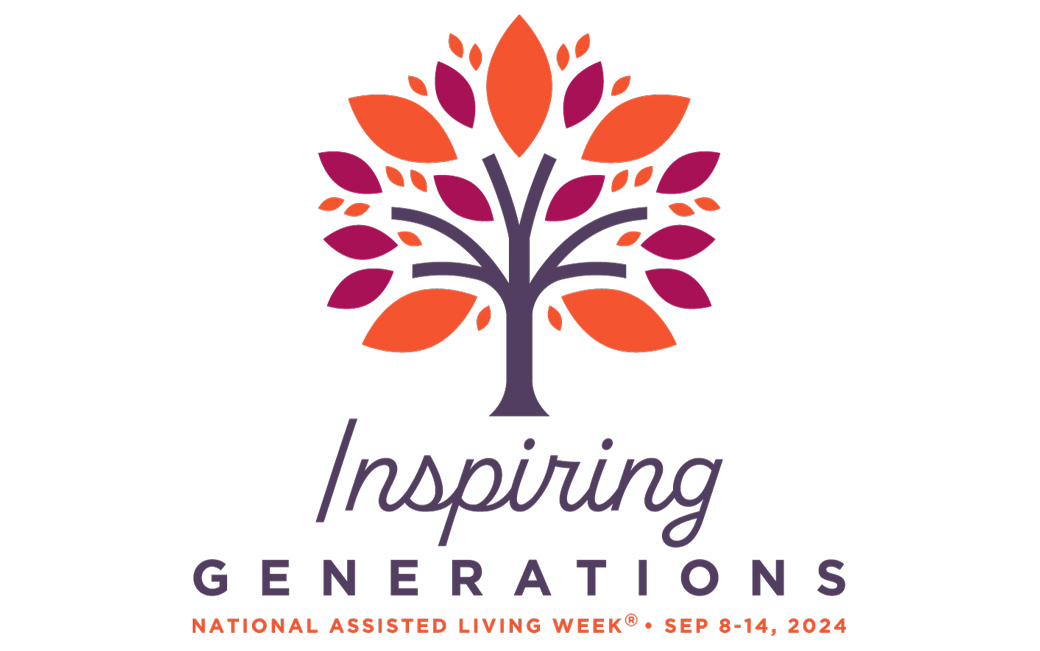There are multiple types of senior care choices available, each catering to different requirements. Home assistance solutions allow seniors to receive help in their own homes, which can encompass assistance with everyday tasks such as bathing, cooking, and pharmaceutical management. Assisted living communities provide a more communal living environment, offering assistance with daily tasks while allowing residents to maintain a degree of independence. For those with more complicated healthcare needs, nursing homes provide comprehensive care, featuring 24-hour medical oversight. Understanding these choices is crucial for families to decide what type of assistance most fits their family members.
The expenses related with elderly assistance can differ significantly based on the type of assistance selected. In-home assistance services may charge per hour fees, which can accumulate rapidly depending on the number of time needed each seven days. Supportive living communities typically have monthly fees that cover housing, food, and basic assistance solutions. Nursing facilities often have higher costs due to the comprehensive medical assistance offered. It is important for families to research and compare costs, as well as to consider any extra charges that may not be factored in the starting pricing.
Funding elderly care can be a complex process, but there are multiple choices available to assist manage these expenses. Many families rely on individual funds or revenue from retirement accounts to cover expenses. Long-term assistance insurance is another option that can offer monetary support for various types of elderly care. Additionally, government initiatives such as Medicare may offer assistance for those who meet criteria based on financial status and need. Understanding these financial options can assist families make more informed choices go now about their assistance choices.
Planning for senior assistance should begin early, as this can assist reduce some of the financial burden later on. Families are encouraged to have honest discussions about assistance preferences and monetary abilities. Establishing a budget that details potential costs and available options can also be helpful. By taking proactive measures, families can better navigate the complex monetary landscape of elderly assistance choices, guaranteeing that their family members receive the care they require while handling costs effectively.
